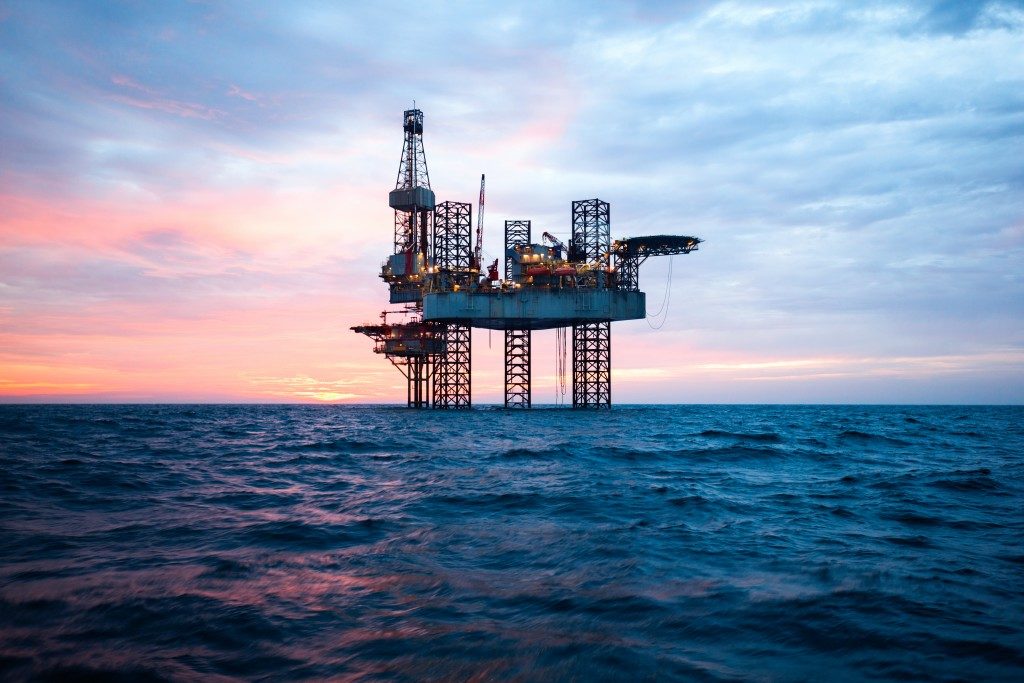Mental health is an important factor in any organization. That is particularly true if you are working in a high-risk environment, such as an oil rig where the mortality rate happens to be five times greater than the average of the country. In 2018, a report was published by the UK government outlining the total injuries suffered within the drilling industry. While the report focused on the physical injuries, the mental health status of the people who went through the trauma wasn’t mentioned.
Lack of Communication
The lack of communication has hounded the oil and gas industry for decades now. That is the same reason that the Alexander L. Kielland Disaster took place in March 1980 — no communication structure was in place to ensure that everyone could abandon the vessel very quickly.
Now, you might say that communication should not be a problem in today’s offshore and onshore rigs. However, a different form of communication problem is currently happening in that no reports are being made in monitoring how the victims of oil rig disasters are holding up. Not only are organizations missing the point on debriefing, but they also forget that most offshore rigs go for years and team members have to stay there for an extended period.
Lack of Work-Life Balance

You might have heard of the importance of work-life balance among white-collar workers, but very few address the same concern when it comes to blue-collar workers. In Oklahoma, for example, there is a rise in the cases of suicide and suicide attempts among riggers working for offshore oil rigs. That is primarily because they are required to stay in one vessel or platform for an extended time without meeting anyone else aside from the people you are working with. It can be quite alarming and dangerous, considering that these are the same people who could’ve come from Oklahoma and other areas and regularly handle downhole drilling tools. Keep in mind that any form of distraction can, in the long run, cause accidents and mishandling of equipment.
Lack of Proper Debriefing
One area that needs work on would be the debriefing that happens after a major accident or a traumatic event. While some would have some support for the people affected by a major disaster, there is little done for the ones involved in accidents that have not taken any lives. It also does not help that most rigging companies have a habit of denying fault whenever an accident has happened. Couple this with the recent moves to lower the number of inspections, and you are most likely cooking up a disaster.
Aside from this, the lack of mental health checks in this environment, combined with the hyper-masculine atmosphere, has led to a growing increase in suicide cases. The hyper-masculinity being perpetrated in this kind of work environment is also one of the top reasons for drug and alcohol abuse among people working in different rigs. The disregard for the workload each team member handles has long been a topic of discussion when it comes to triggers of work stress.
Knowing these things, companies should take action to address the mental health of each worker in the industry. This way, the right care can be given to them, which can encourage them to continue working there.




